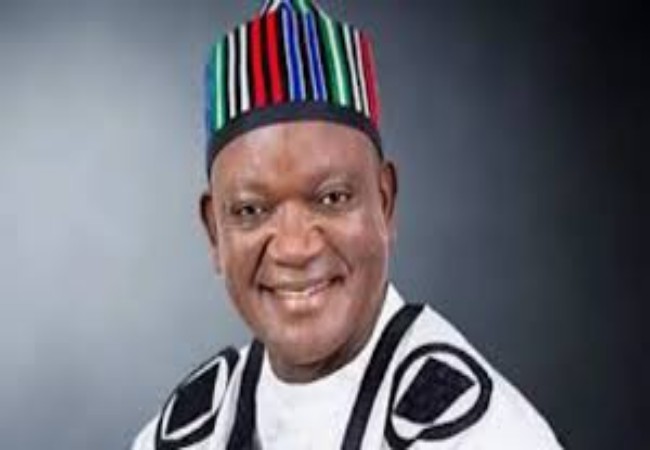I will never forget your kindness to my beloved parents. Thank you for the respect you showed them, for your many visits to Abba, where you gave to Daddy and Mummy the most precious gifts: your time and your attention.
Thank you for walking this still-unbearable journey of grief with my siblings and me.
I remember how you regaled Daddy and Mummy with your stories until we started joking about your obsession with the “GDP of Malaysia.” But your obsession spoke of hope: your hope for Nigeria, your belief in what Nigeria could be. A belief that has always been practical, grounded in numbers and in reality.

I remember when you came to support me as I was being honored by the United Nations Foundation in New York, and I teased you about the inexpensive hotel you were staying in, and you shrugged and said, “it’s just a place to sleep, why do I need to be in an expensive place?”
And then only days later, you once again exhibited your incredible generosity to the causes you believe in, and it reminded me of all the hospitals and schools and churches you have supported over the years, and often without fanfare. You have always been clear about what your priorities are, what matters to you, what you believe should matter, and that is deeply admirable.
I have always admired your humane pragmatism, how you are willing to talk to almost anyone if it will bring about a good outcome.
And how you believe in certain ideals without being an ideologue.
And how you see people as people, knowing that human value is not measured in material terms.
And how you are able to laugh at yourself, and laugh when I tease you about your ‘one shoe and one shirt.’
And how you have always been consistent in the core of who you are.
Thank you for your compassion and your circumspection. For your honesty and your humour. For your willingness to acknowledge flaws, yours and others’, knowing that nobody is perfect. For your fuss-free kindness and your humility that is never performative.
I am inspired by your intellectual curiosity, your eagerness to learn, your genuine love of education (which is why you sought out, and honored, Daddy all those years ago when you learned that he was Nigeria’s first professor of statistics.)
Sometimes it is the simplest of language that captures the most complex of things, and so I will end with simplicity: You are a good man. You are loved. You are appreciated.
May your eyes continue to light up when you talk about the lovely confident Margaret (Thank God she agreed for you!) and your lovely children, A and E.
May joy follow you and yours always.
Mummy called you her ‘first son,’ my siblings and I call you our ‘big bro,’ and I cannot wait to call you ‘My President.’
I cannot wait for February 25, 2023, when I, with personal pride in you and with hope for what Nigeria can become, will cast my vote for you and your running mate, Senator Yusuf Datti Baba-Ahmed.
Chukwu dube gi. God Keep you.
With love, Chimamanda.




